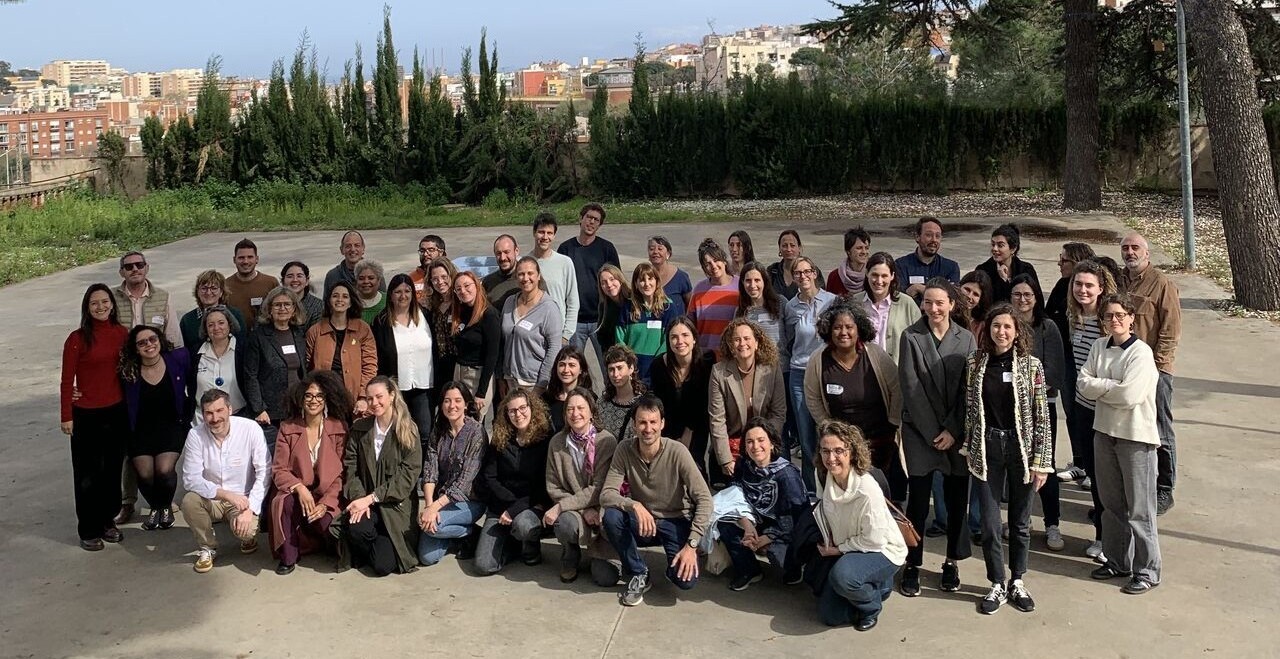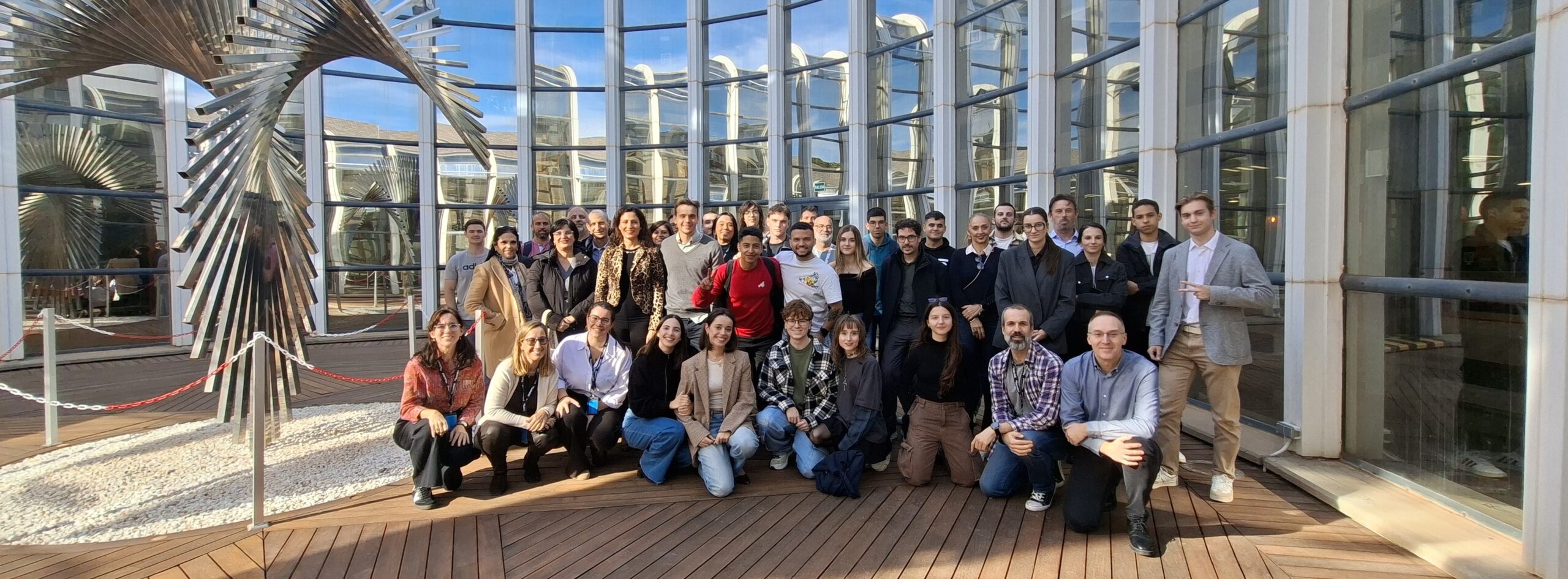
The Banco Sabadell Foundation presents its 20th Award for Biomedical Research to doctor and researcher Alberto García-Basteiro and its 9th Award for Sciences and Engineering to computational chemist Sílvia Osuna. These awards, granted by the Foundation to promote and give visibility to young research talent, underline the importance of the recipients’ contributions in key areas of health and scientific innovation.
“These awards raise awareness and promote the careers of scientists during the early stages of their professional life, recognising important lines of research that allow us to respond to some of the challenges we face in society today.” explained Josep Oliu, Chairman of Banco Sabadell and of its Foundation.
Oliu also added “Our aim is to highlight the relevance and the quality of research undertaken in our country through these awards, which we have been granting for 20 years through our Foundation, allowing us to recognize the excellence of young researchers with impressive career path in the fields of biomedicine and health sciences.”
The awards ceremony took place at Banco Sabadell’s Corporate Headquarters in Sant Cugat del Vallès, in an event that brought together over 100 people, including relevant authorities, distinguished researchers who have won awards in previous editions, and prominent individuals from the scientific and business worlds.
Recognition of biomedical research in the context of vulnerable populations
The 20th Banco Sabadell Foundation Award for Biomedical Research has been granted to Alberto García-Basteiro, Associate Research Professor at the Barcelona Institute for Global Health (ISGlobal) – Hospital Clínic – University of Barcelona (UB), and Coordinator of Tuberculosis Research at the Manhiça Health Research Centre (CISM), in Mozambique. The panel of judges, chaired by Dr. Óscar Marín, recognised his “outstanding work in the development of new methods to characterise the different stages of the natural progression of tuberculosis, as well as his contribution to the development of diagnostic tools, treatments and innovative vaccines against this disease.”
García-Basteiro currently leads several international research studies focused on the evaluation of new diagnostic tools and vaccines for tuberculosis, including those based on messenger RNA technology, as well as the development of innovative and proactive case-finding strategies for tuberculosis, focusing on the most vulnerable populations, mainly children and people infected with HIV in sub-Saharan Africa.
“I currently coordinate various multicentre studies and clinical trials focused on new diagnostic methods and on the development of vaccines against tuberculosis. Together with my team, based in Mozambique and in Spain, we work to contribute to the development of innovative tools that have the potential to significantly reduce the incidence of this disease and mortality caused by it.” explained García-Basteiro.
Computational innovation for the design of enzymes of the future
The 9th Banco Sabadell Foundation Award for Sciences and Engineering has been awarded to Sílvia Osuna, ICREA researcher at the Institute of Computational Chemistry and Catalysis (IQCC) at the University of Girona. The panel of judges, chaired by Dr. Lluís Torner, recognised her “extraordinary contribution to the computational design of enzymes and to unravelling the role of their molecular structure in biomedical processes.” He also highlighted her leadership skills in creating a research team with impressive international reach and impact, as well as her commitment to technological transfer and scientific disclosure.
Sílvia Osuna’s research lies in the intersection between computational chemistry and biology. Her work is focused on the computational design of enzymes by studying the effect of specific mutations on their structure and functionality. She develops computational tools that can predict which mutations will enable new functions, enhance secondary activities of interest or extend the range of substrates recognised by the enzymes.
“We are developing new computational tools in the lab that are able to predict which mutations – specifically, changes in amino acids – are necessary in the enzyme structure to allow a new function, enhance a secondary reaction of interest, or extend the substrate range. Our objective is to achieve the rational design of highly efficient enzymes to promote their use in industry, mainly in the synthesis of pharmaceutically relevant compounds, but also in the medical field.” explains Osuna.
A seal of excellence that promotes research talent
Since their creation, these two awards, together with the Economic Research Award and the Marine Sustainability Award, also granted by the Foundation, have recognised the work of more than fifty researchers who are now leading figures in their respective fields of expertise. These awards are granted at an early stage of their careers and represent a significant boost to their scientific and social standing.
These prizes consolidate the Foundation’s commitment to promoting research and recognising the most promising young research talent in our country. Through these awards the Banco Sabadell Foundation contributes to disseminating basic and applied scientific research, recognising the career path of researchers who stand out for their ability to innovate and highlighting the impact of their lines of research on human wellbeing.
With the aim of disseminating the work of these researchers and to mark the 20th anniversary of the Biomedical Research Award, the Foundation has launched a cycle of Conversations around Science (Conversaciones con Ciencia), a series of dialogues between winners of the Foundation’s research awards over the last 20 years, addressing some of the major challenges faced in biomedicine today.


